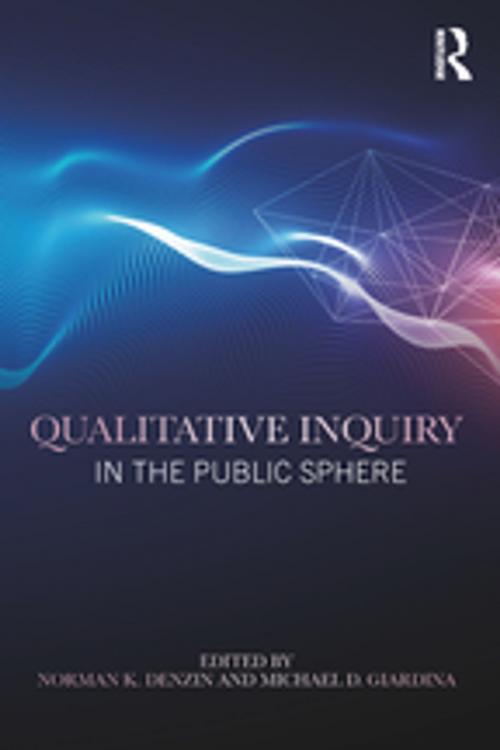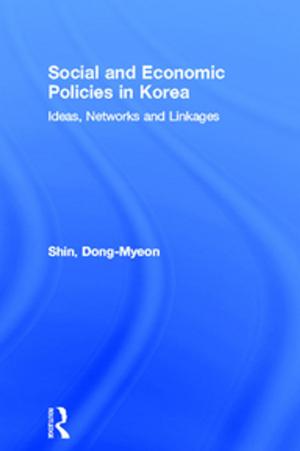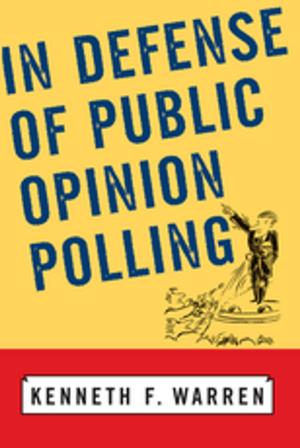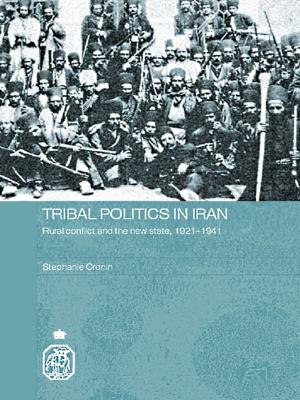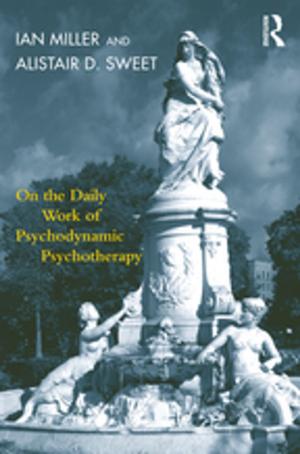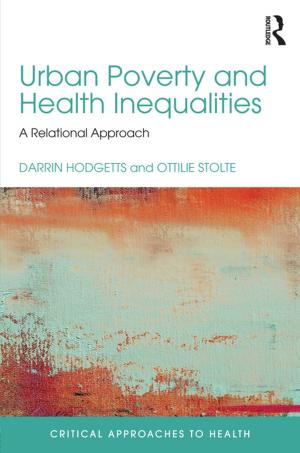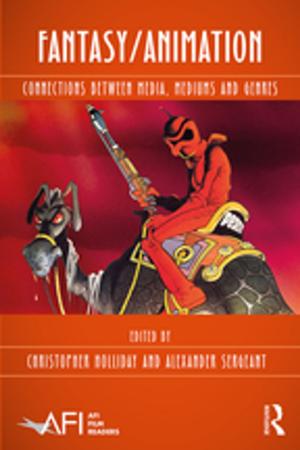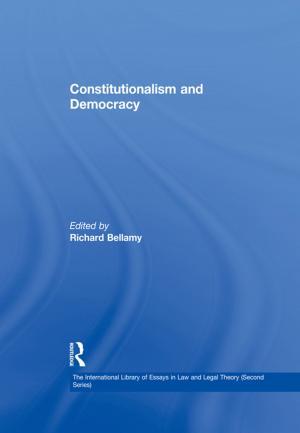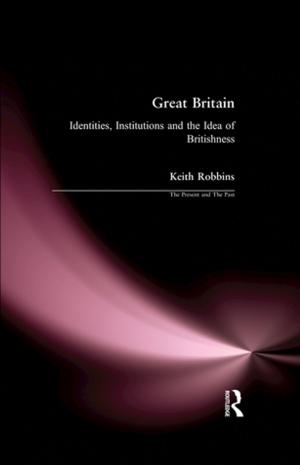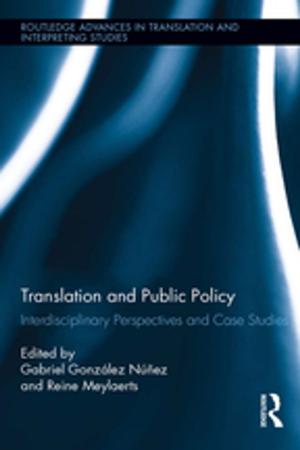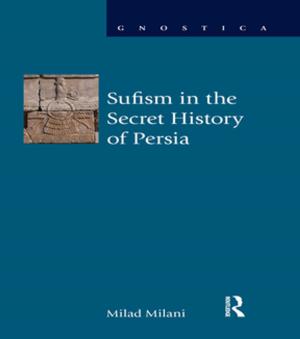| Author: | ISBN: | 9781351388832 | |
| Publisher: | Taylor and Francis | Publication: | April 19, 2018 |
| Imprint: | Routledge | Language: | English |
| Author: | |
| ISBN: | 9781351388832 |
| Publisher: | Taylor and Francis |
| Publication: | April 19, 2018 |
| Imprint: | Routledge |
| Language: | English |
Qualitative Inquiry in the Public Sphere examines the relationships between public scholarship, the research marketplace, and the politics of higher education.
It is written from the perspective that higher education is under attack from multiple sides, both political and economic; that academics reside in a precarious position, one fraught with accountability metrics, funding pressures, and spiralling bureaucracy; and that scientific knowledge itself is increasingly contentious in public. These internal and external pressures have fundamentally transformed the public sphere of higher education from one of rational public discourse by and for the public good to one of private market relations and strategic research decisions. In turn, these transformations have fundamentally altered what it means to be a ‘productive’ scholar within this space—altered what it means to be a public researcher in this space.
Leading international voices from the United States, Canada, Germany, the United Kingdom, and Norway collectively present a forceful rebuke to such developments, raising a clarion call to action on topics ranging from scholarly publishing, audit culture, and the privatization of public knowledge to Indigenous, arts-based, and collaborative research methods.
Qualitative Inquiry in the Public Sphere is a must-read for faculty and students alike interested in the politics of being a public researcher—of conducting research in and influencing dialogue in the public sphere.
Qualitative Inquiry in the Public Sphere examines the relationships between public scholarship, the research marketplace, and the politics of higher education.
It is written from the perspective that higher education is under attack from multiple sides, both political and economic; that academics reside in a precarious position, one fraught with accountability metrics, funding pressures, and spiralling bureaucracy; and that scientific knowledge itself is increasingly contentious in public. These internal and external pressures have fundamentally transformed the public sphere of higher education from one of rational public discourse by and for the public good to one of private market relations and strategic research decisions. In turn, these transformations have fundamentally altered what it means to be a ‘productive’ scholar within this space—altered what it means to be a public researcher in this space.
Leading international voices from the United States, Canada, Germany, the United Kingdom, and Norway collectively present a forceful rebuke to such developments, raising a clarion call to action on topics ranging from scholarly publishing, audit culture, and the privatization of public knowledge to Indigenous, arts-based, and collaborative research methods.
Qualitative Inquiry in the Public Sphere is a must-read for faculty and students alike interested in the politics of being a public researcher—of conducting research in and influencing dialogue in the public sphere.
